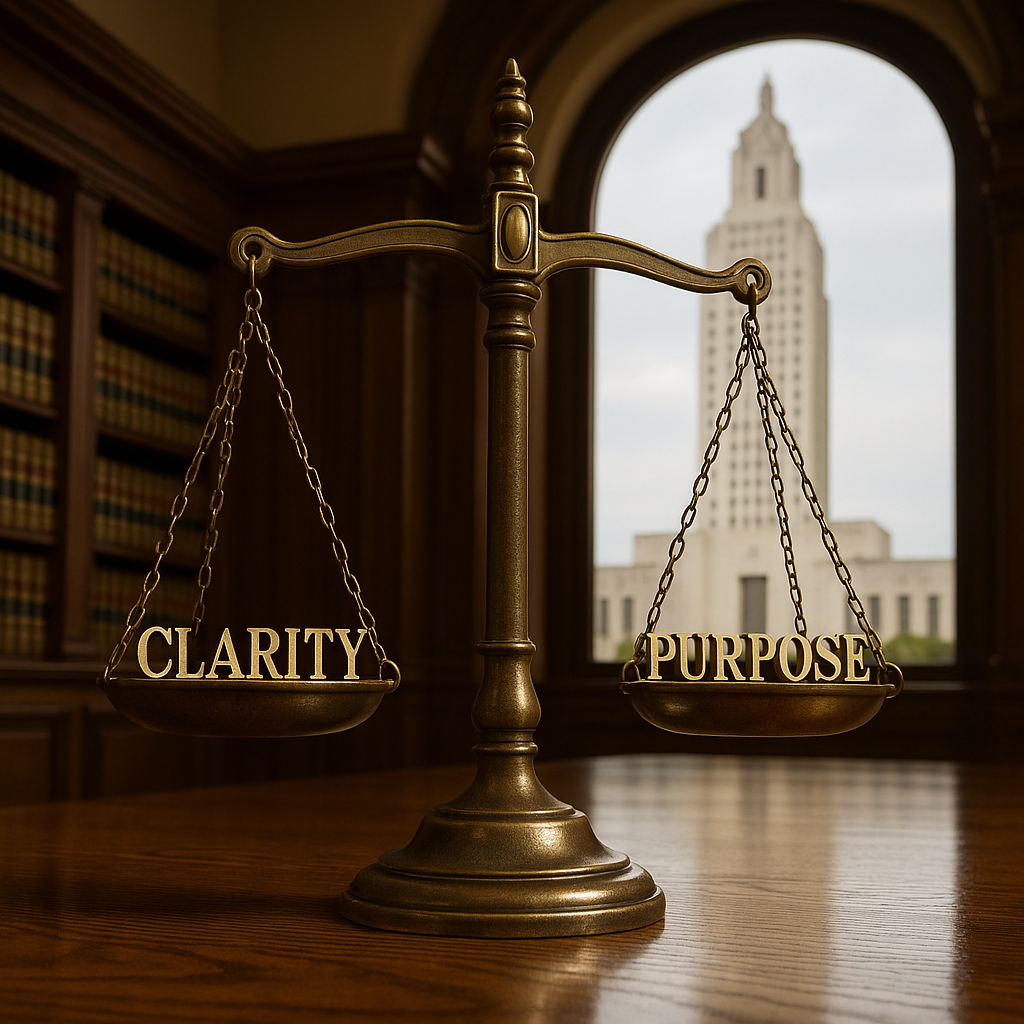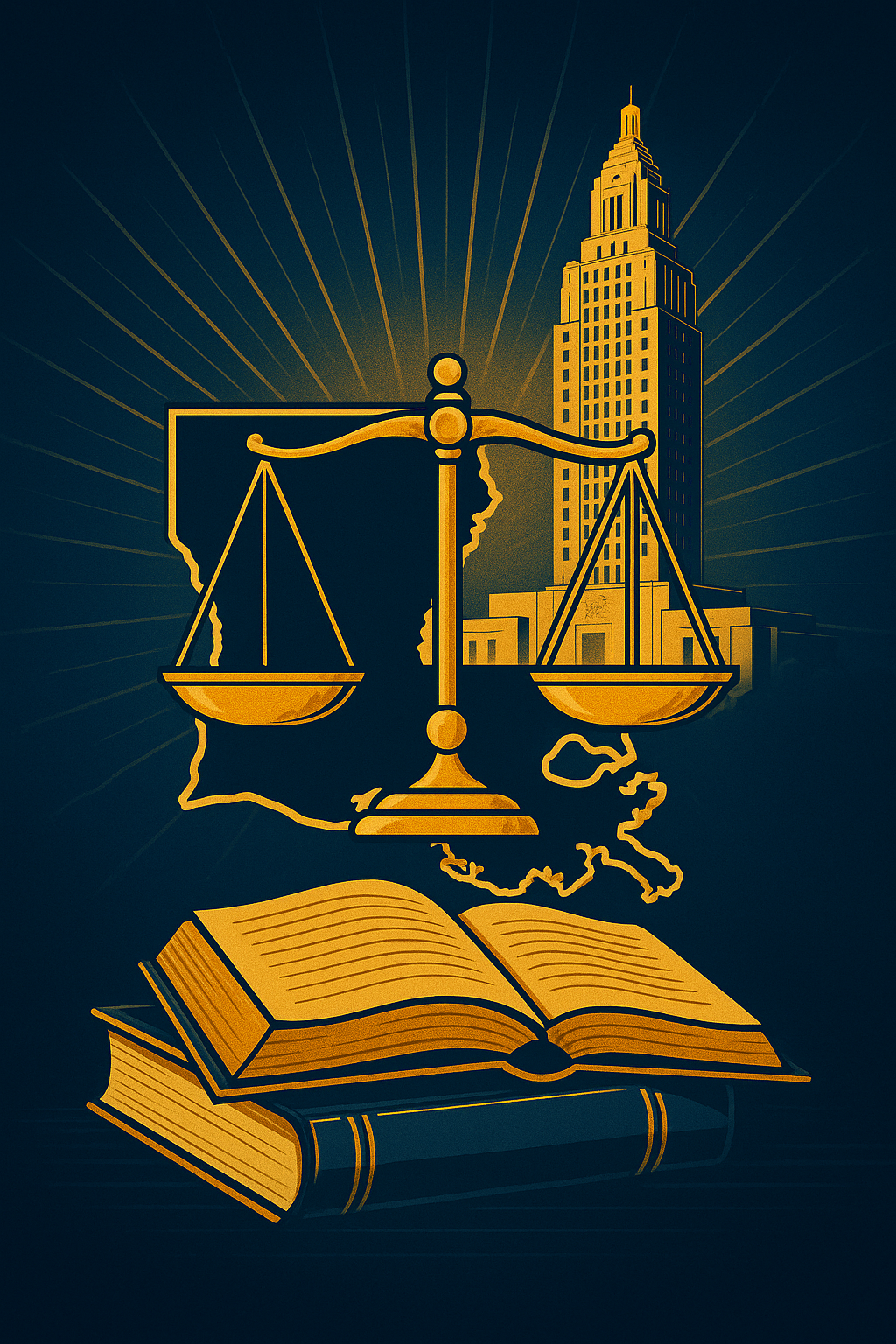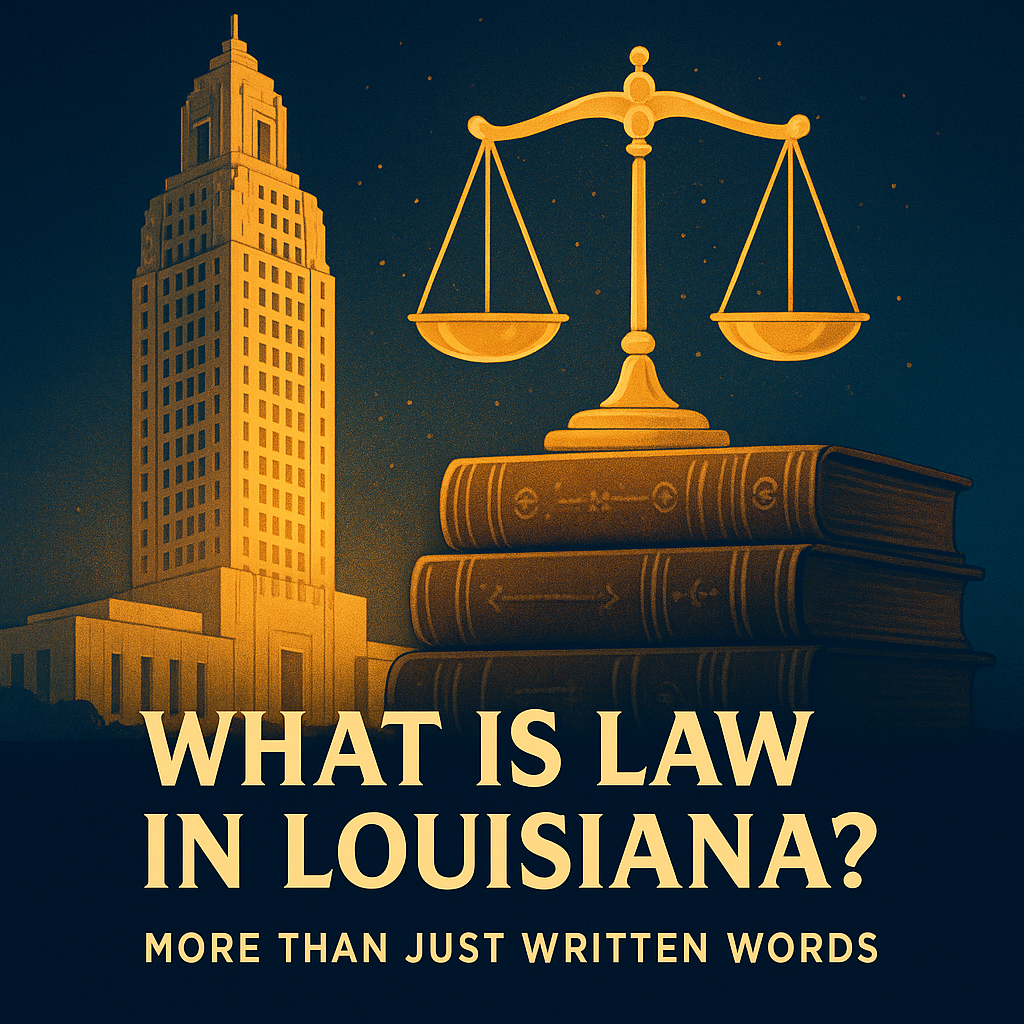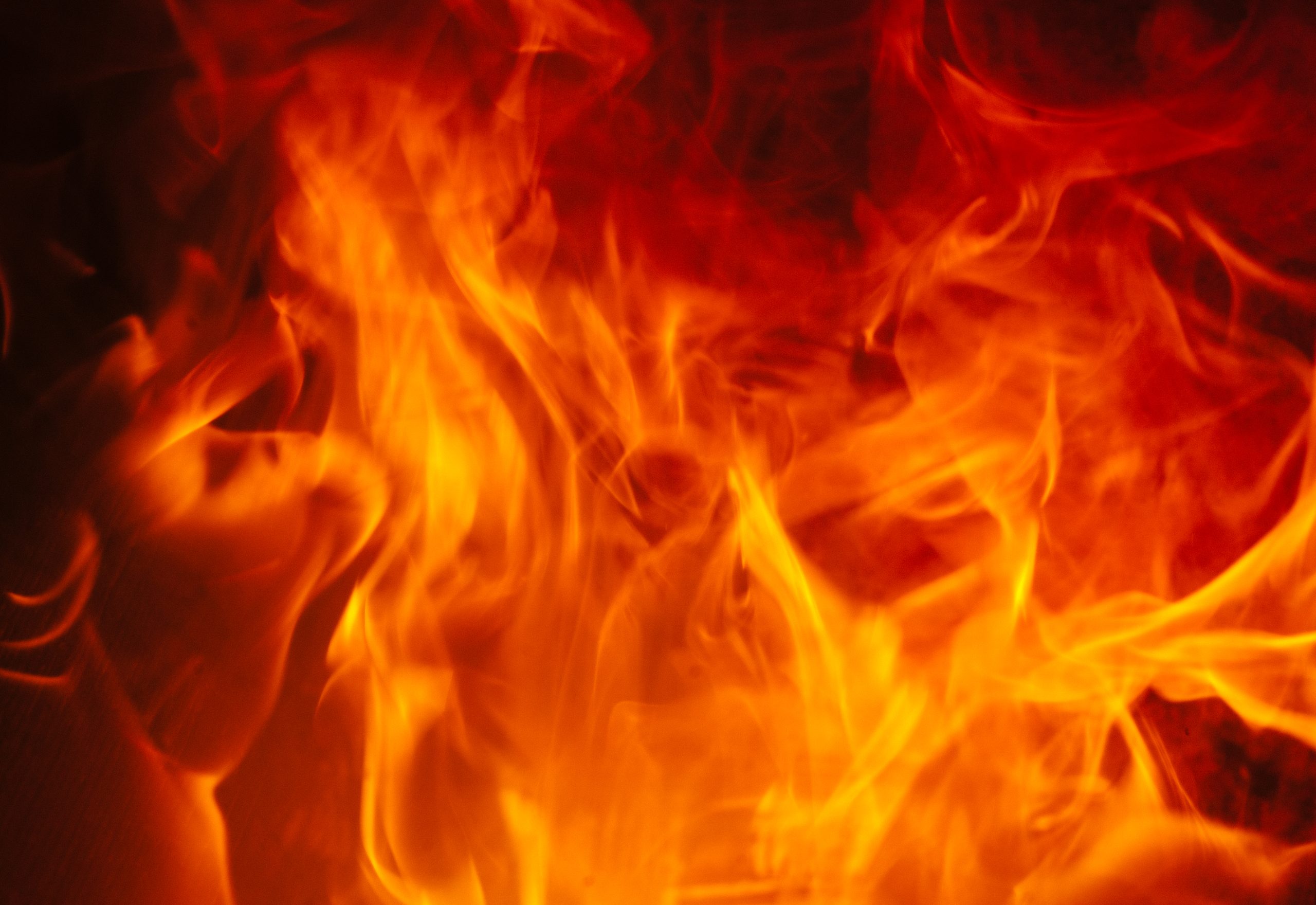 Understanding When Louisiana Laws Apply: A Guide to Prospective and Retroactive Effects
Understanding When Louisiana Laws Apply: A Guide to Prospective and Retroactive Effects
Imagine you’re involved in a legal matter, and the legislature passes a new law. Does it affect your situation? Or does it only apply moving forward?
The timing of when a law takes effect — and whether it applies to past events — can drastically impact legal outcomes. In Louisiana, this concept is governed by Civil Code Article 6, which establishes when laws apply prospectively (looking forward) or retroactively (looking backward).
 Insurance Dispute Lawyer Blog
Insurance Dispute Lawyer Blog



 The Unforeseen Gaps: Why Laws Can’t Cover Everything
The Unforeseen Gaps: Why Laws Can’t Cover Everything Have you ever read a law and wondered what it truly means? Or found yourself facing a situation where a rule seemed to apply — but its exact implications were unclear?
Have you ever read a law and wondered what it truly means? Or found yourself facing a situation where a rule seemed to apply — but its exact implications were unclear? The Building Blocks of Justice: How Louisiana Laws Are Made
The Building Blocks of Justice: How Louisiana Laws Are Made What is Law in Louisiana? More Than Just Written Words
What is Law in Louisiana? More Than Just Written Words
 When the Smitty’s Supply facility erupted in flames on August 22, 2025, residents within a one-mile radius were ordered to evacuate. Families were forced from their homes, many for several days, unsure of when it would be safe to return. In the aftermath, thick soot, oily residue, and chemical contamination settled on homes, vehicles, and property—leaving long-term damage and raising serious questions about insurance coverage.
When the Smitty’s Supply facility erupted in flames on August 22, 2025, residents within a one-mile radius were ordered to evacuate. Families were forced from their homes, many for several days, unsure of when it would be safe to return. In the aftermath, thick soot, oily residue, and chemical contamination settled on homes, vehicles, and property—leaving long-term damage and raising serious questions about insurance coverage. This
This  The
The